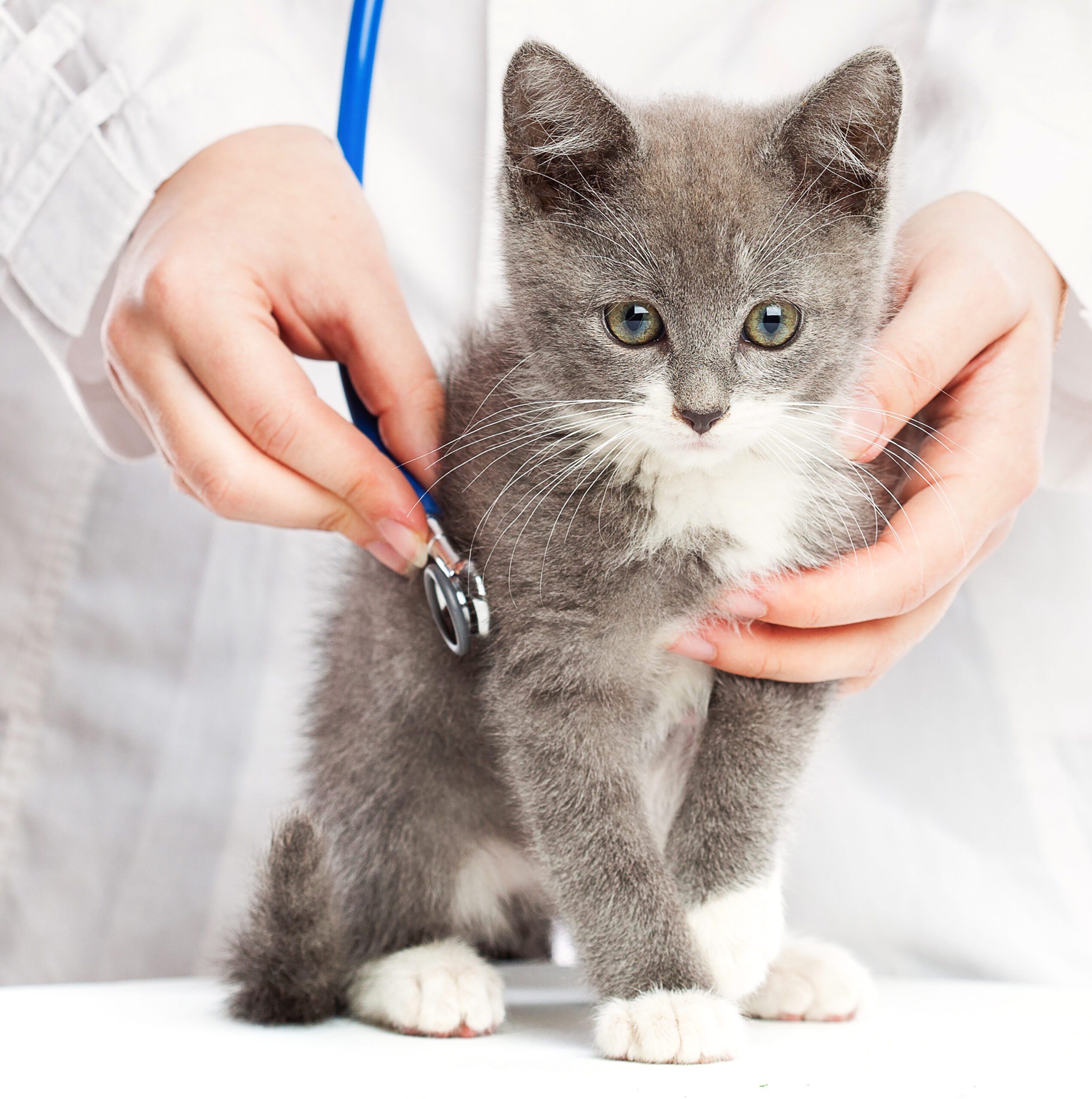Cat microchipping – What you need to know about the new law
A new law is being introduced to the UK requiring domestic cats to be microchipped. We have compiled some information on cat microchipping which may be useful.
What is a microchip?
Microchips are inexpensive, sometimes free, chips that are around the size of a grain of rice. They can be implanted by your vet or a licensed and trained implanter. The process is quick, and it is not necessary for your cat to be anaesthetised. It is mostly painless and is permanent once inserted.
Microchips do not commonly have a ‘tracker’ within, so your cat’s location cannot be pinpointed. Instead, your cat’s microchip is assigned a unique number, that when registered is matched to your contact details.
After insertion you need to have the microchip registered to a database. This is so that if your cat is found, your details will be accessible to reunite you.
The laws around cat microchipping
From 10th June 2024 the law will come into place. All cats must be microchipped by the time they are 20 weeks old. If you do not comply and your cat is found to not have one you have 21 days to have one implanted or you will face a fine of up to £500.
The new law will not be compulsory for feral cats or cats with little human interaction.
What happens if I lose my cat?
It is important to have your cat microchipped so if your cat is lost and is scanned, you can be quickly reunited. Cats can stray very far and there have been stories of cats getting into the back of vans or even trains! If they are then taken out of the local area and unidentifiable it is nearly impossible to reunite them with you.
If you have any questions about cat microchipping or want to discuss your pets health further please contact one of our veterinary healthcare team via your portal.


